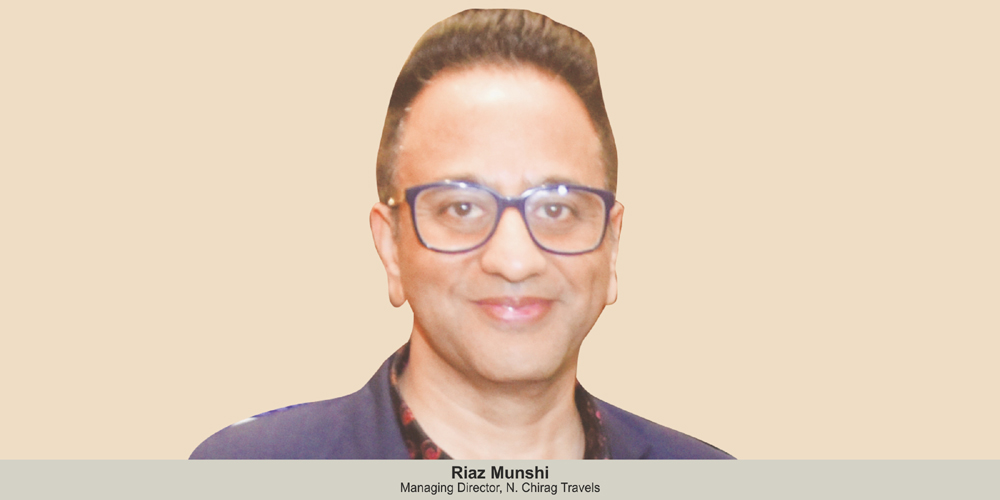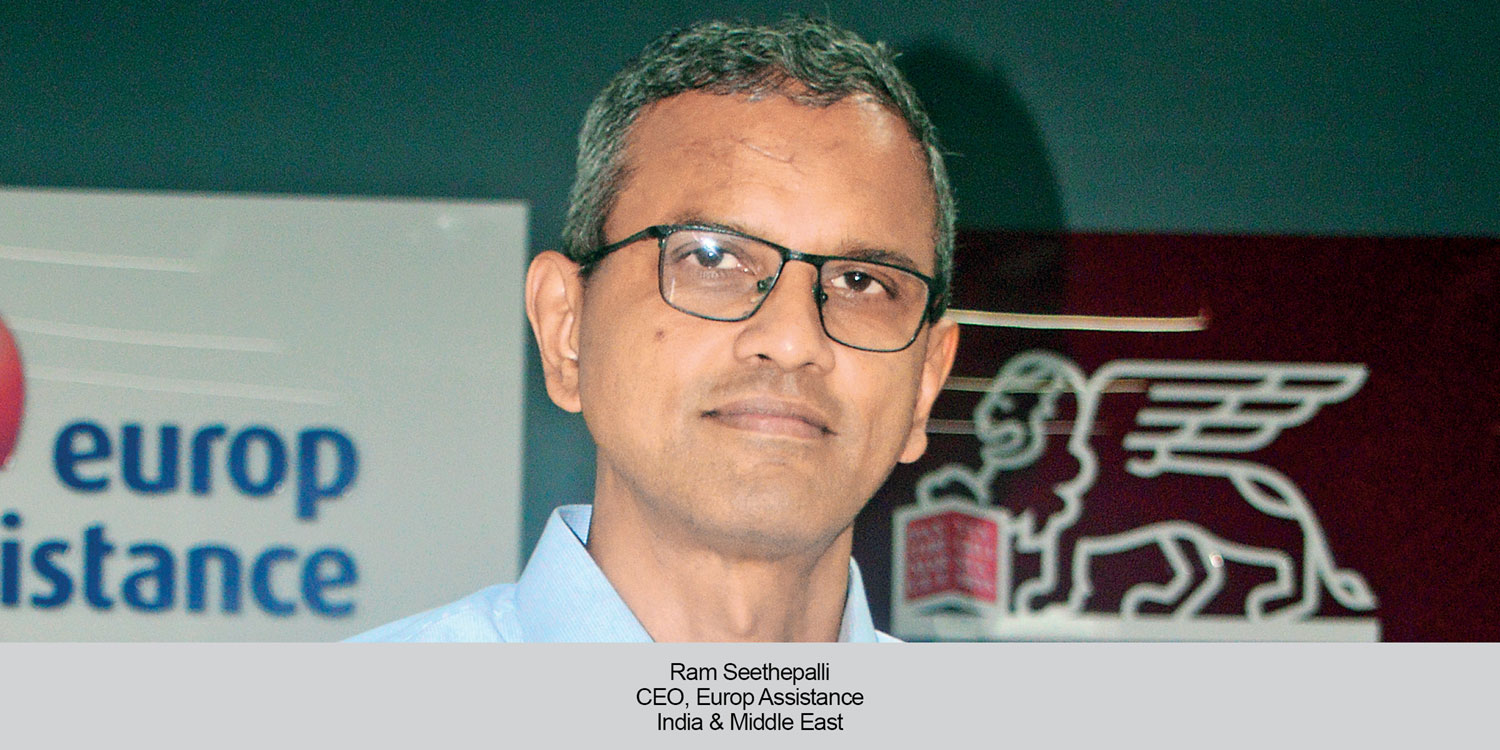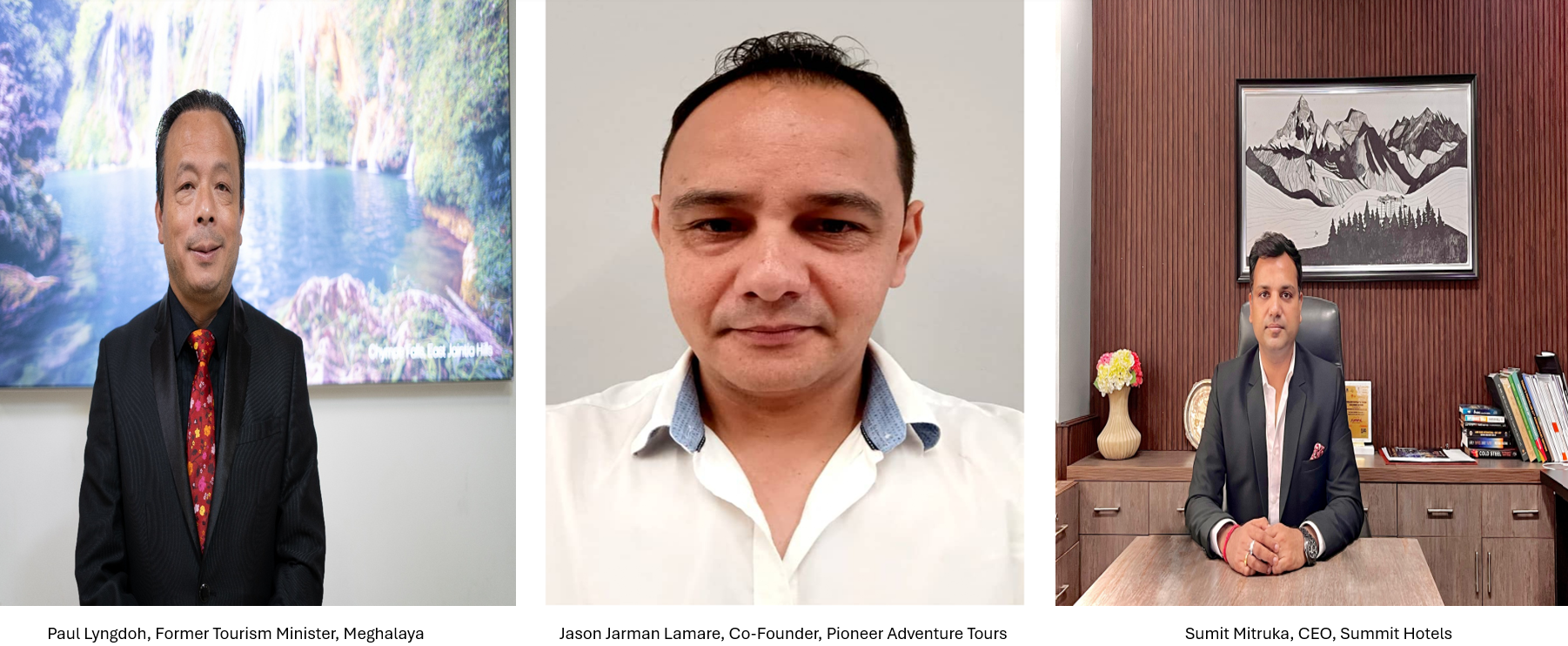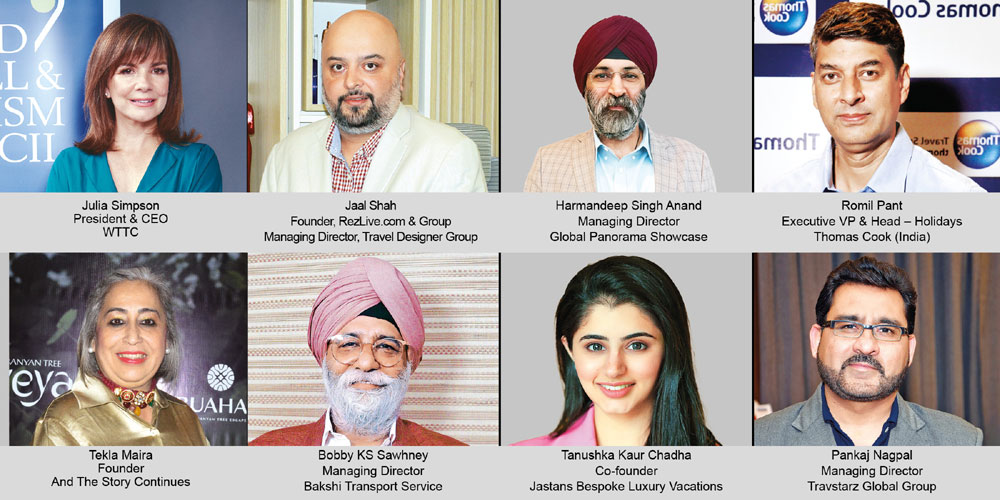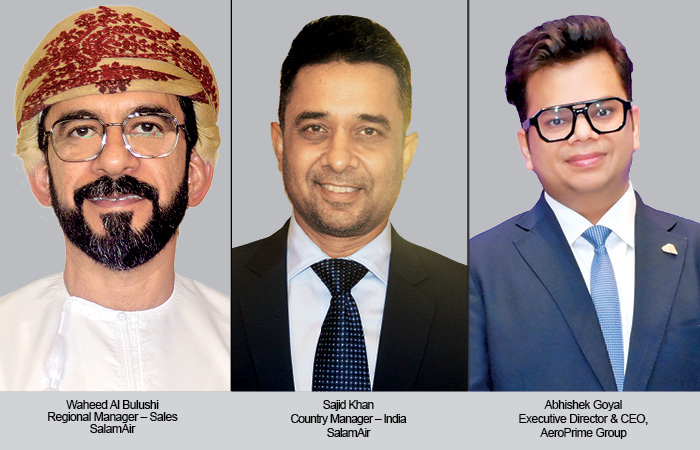With around 30 per cent jump in the number of travellers, luxury travel market is moving in an upward direction. The luxury travellers are seek experiences that are more immersive and exceptional.
Janice Alyosius
As travellers make up for the time lost due to the pandemic, there is an increase in demand for the luxury travel. Year 2022 could see an increase in holiday budgets for luxury travellers, with an uptick in demand for ‘once in a lifetime’ adventures, according to GlobalData, a data analytics and consulting company tracking global data.
In India, a large number of people are looking out to travel in the luxury segments. “There is a jump of about 25 per cent to 30 per cent in luxury travel market,” revealed Riaz Munshi, Managing Director, N. Chirag Travels.
“Despite the hike in airfares and hotel rates, a large number of Indian travellers are willing to travel, so this segment of tourism is booming. The prices of luxury hotels in India are also at peak due to the increase in demand. The starting airfares for Europe are estimated to be around `3-4 lakhs. Despite the high fares, people are not getting air tickets. This indicates the surge in the demand for luxury tourism,” he added.
Interestingly, there is a growing demographic of socially conscious, high-net-worth consumers, who are rejecting overt displays of wealth in favour of inconspicuous and responsible consumption. Their approach to luxury is driven by ethical living, artisanship, authenticity and sustainability. Experience is the new currency for these holidaymakers, who seek self-fulfillment through greener travel and eco holidays, while wanting to ‘do good’ for people and the planet. “If luxury travel brands ignore this trend, it could put them at tremendous risk of total disconnect with an audience who are looking for sustainable options,” Munshi says.
While COVID-19 has changed many aspects of the luxury travel, there are still several defining features that set the sector apart from mass market tourism. This includes hyper-personalisation and exclusivity.
According to a study, as luxury travellers resume travelling both domestically and internationally in the aftermath of the pandemic, they wish to seek experiences that are “more immersive and exceptional” than in previous years. Sharing the view, Munshi says that there has been a change in the travel trends since 2019. “Travellers are now choosing more relaxed and detailed itineraries for travel. Instead of covering four to five destinations in one trip, they are exploring a single destination and opting for longer stays,” he says.
Speaking of the travellers’ preferences, Munshi said that all destinations have the potential to offer luxury, but it depends on the travellers’ demand and choice. “The definition of luxury for one need not be same for the other. Luxury travel is an emotion. How do you feel at certain destinations, attractions vary from individual to individual. For some luxury means exploring only high-end hotels, going aesthetically beautiful hotels and exploring the hotel facilities, for some it may be a jungle track and enjoying the nature, and for some it may be going to the Northern lights and enjoy the experience,” he said.
 TravTalk India Online Magazine
TravTalk India Online Magazine

